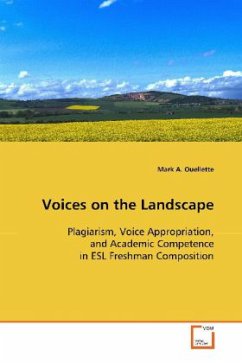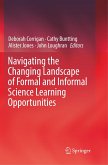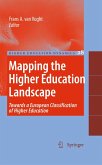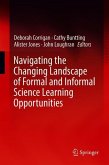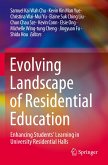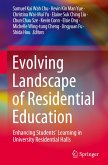Non-native English speaking writers are frequently
identified as plagiarizers because of their
perceived failure to achieve academic competence
with regard to voice appropriation and because of
linguistic and cultural differences they bring to
composition classrooms. Considering these
issues, Voices on the Landscape looks to a broader
cultural and social framework for understanding how
non-native writers achieve this aspect of academic
competence. Particularly, this research focuses on 12 non-native writers in three freshman composition
classes, and paints a colorful portrait as these
writers attempt to achieve an appropriate academic
voice in their essays. In this way, the study is
able to achieve an expanded Hymesian account of what
it means to achieve academic competence, as well as
a broader account of the discourses on which these
writers and their teacher rely. Teachers,
researchers, and students of second language
composition in higher education may find some clear
parallels to their own experiences from the field,
as well as some insight into how such writers engage
in the construction of academic discourse.
identified as plagiarizers because of their
perceived failure to achieve academic competence
with regard to voice appropriation and because of
linguistic and cultural differences they bring to
composition classrooms. Considering these
issues, Voices on the Landscape looks to a broader
cultural and social framework for understanding how
non-native writers achieve this aspect of academic
competence. Particularly, this research focuses on 12 non-native writers in three freshman composition
classes, and paints a colorful portrait as these
writers attempt to achieve an appropriate academic
voice in their essays. In this way, the study is
able to achieve an expanded Hymesian account of what
it means to achieve academic competence, as well as
a broader account of the discourses on which these
writers and their teacher rely. Teachers,
researchers, and students of second language
composition in higher education may find some clear
parallels to their own experiences from the field,
as well as some insight into how such writers engage
in the construction of academic discourse.
